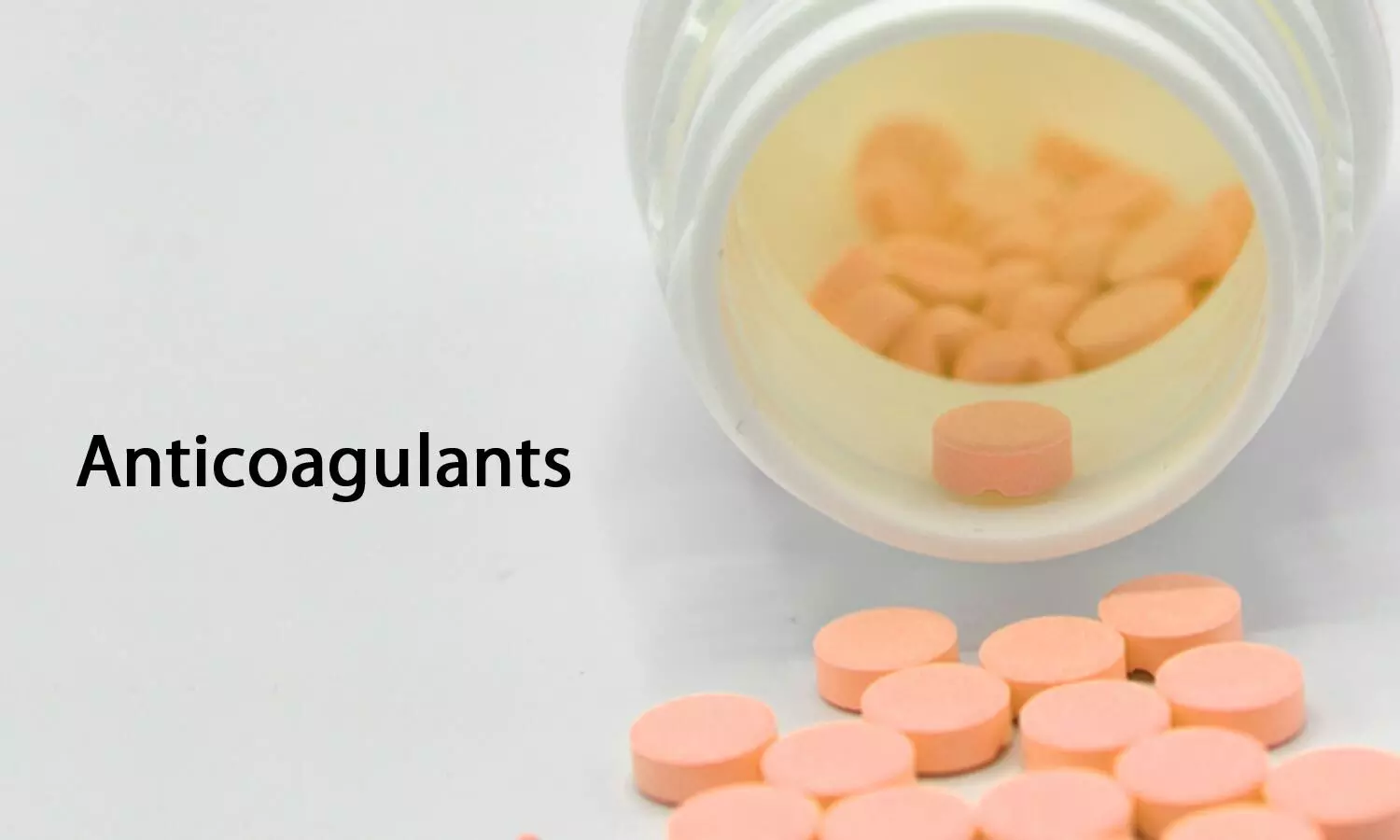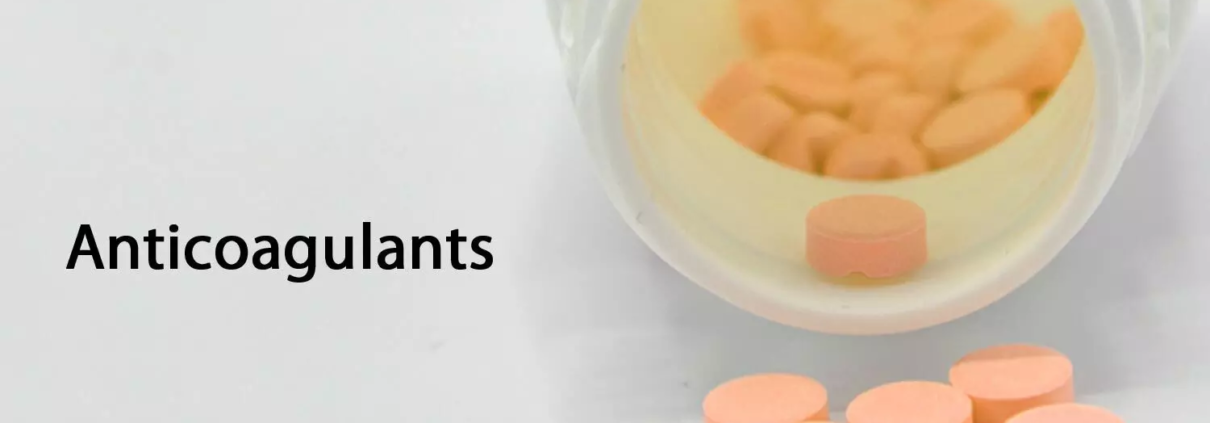Therapeutic-dose anticoagulation bests prophylactic dose anticoagulation for reducing mortality in COVID-19 patients: Study

A new study published in the Annals of Internal Medicine found that anticoagulation at therapeutic dose decreased 28-day mortality when compared to prophylactic dose. Thrombosis and systemic inflammation are common in COVID-19 hospitalized patients. Many randomized trials have examined the role of thromboprophylaxis with anticoagulants, most commonly low-molecular-weight heparins, unfractionated heparin, and direct-acting oral anticoagulants.
These trials have reported clinical benefit, no benefit, and potential harm with different anticoagulation drugs and doses in patients with varying severity of COVID-19. Prior to this, the World Health Organization (WHO) Rapid Evidence Appraisal for COVID-19 Therapies (REACT) Working Group published prospective meta-analyses assessing sodium-glucose cotransporter-2 inhibitors, corticosteroids, and interleukin-6 antagonists in these individuals.
This study was set to determine the relationships between higher-versus lower-dose anticoagulation and significant bleeding, thromboembolic events, progression to invasive mechanical ventilation (IMV) or death, and mortality by 28 days following randomization in patients hospitalized with COVID-19.
Without restriction to trial status or language, randomized studies were found using ClinicalTrials.gov and the International Clinical Studies Registry Platform of the World Health Organization. Patients hospitalized with COVID-19 were allocated to higher-dose anticoagulation vs lower-dose anticoagulation in eligible randomized studies.
The data from 20 eligible studies was submitted in a manner that was agreed upon in advance. On the basis of published data, two more investigations were included. All-cause mortality 28 days post-randomization was the main endpoint. Major bleeding, thromboembolic events, and death or progression to invasive mechanical ventilation were secondary outcomes.
Heparin-based therapeutic anticoagulation decreased 28-day mortality when compared to preventive anticoagulation. The odds ratios for 28-day mortality were 0.95 for intermediate-dose anticoagulation versus prophylactic-dose anticoagulation and 1.21 for therapeutic dose versus intermediate-dose anticoagulation.
Although the power of certain analyses was restricted, treatment effects seemed to be generally consistent across established patient subgroups. Higher-dose anticoagulation was linked to a higher risk of significant bleeding but fewer thromboembolic events than lower-dose anticoagulation.
Overall, therapeutic anticoagulation, as opposed to preventative anticoagulation, decreased 28-day mortality in this prospective meta-analysis of clinical trials evaluating anticoagulant dosages for hospitalized COVID-19 patients. Increased-dose anticoagulation was linked to an increased risk of significant bleeding but fewer thromboembolic events for each comparison.
Reference:
Vale, C. L., Godolphin, P. J., Fisher, D. J., Higgins, J. P. T., McAleenan, A., Spiga, F., Tritschler, T., de Barros e Silva, P. G. M., Berg, D. D., Berger, J. S., Berry, L. R., Bikdeli, B., Blondon, M., Bohula, E. A., Cattaneo, M., Colombo, R., Coluccio, V., DeSancho, M. T., … Murthy, S. (2024). Anticoagulation Among Patients Hospitalized for COVID-19. In Annals of Internal Medicine. American College of Physicians. https://doi.org/10.7326/annals-24-00800


